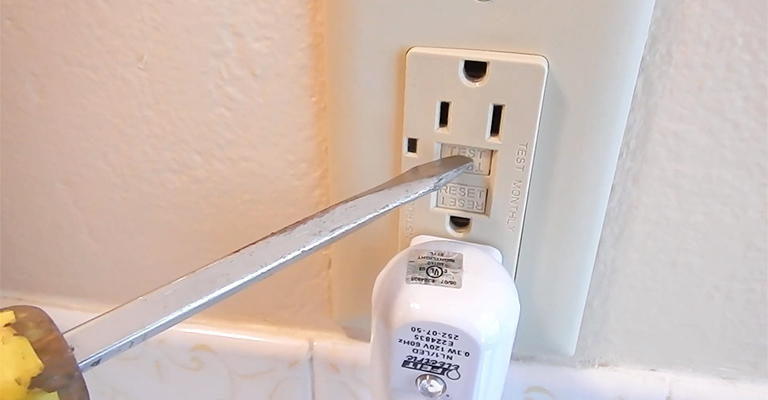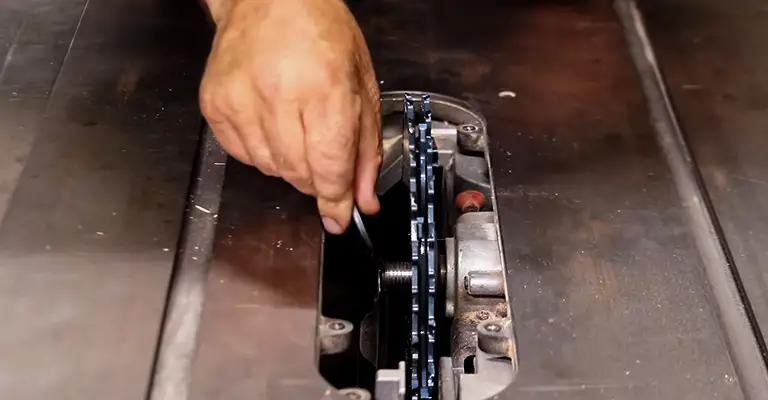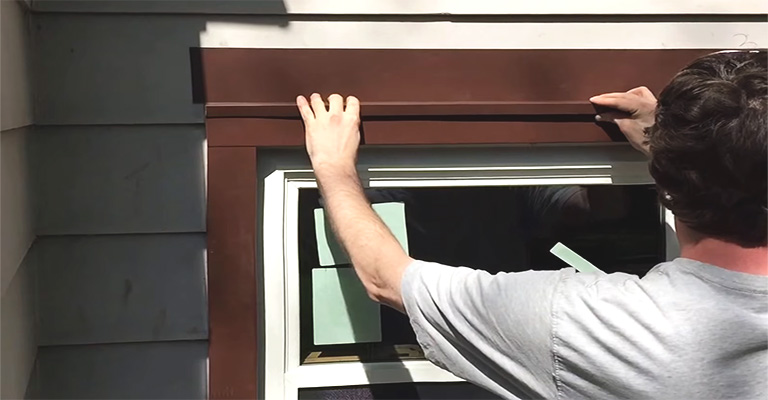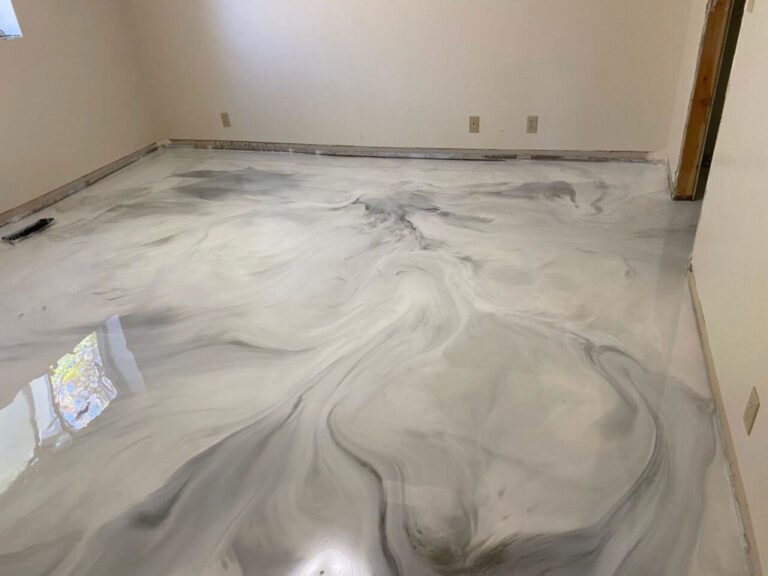What Does Freon Smell Like?
Understanding the characteristics of Freon, especially its odor, is crucial for homeowners, car owners, and professionals in HVAC (Heating, Ventilation, and Air Conditioning) industries. Freon, a common term for refrigerants used in air conditioning systems, comes with its own set of questions, particularly regarding its smell. This article delves into the nuances of Freon’s odor, its implications, and what you should know for safety and maintenance purposes.
The Basic Properties of Freon
Before diving into the scent of Freon, it’s essential to understand what it is. Freon is a trade name for a group of chlorofluorocarbons (CFCs) used as refrigerants. These compounds, once widely used, have been phased out due to their harmful effects on the ozone layer. Modern refrigerants are less harmful but understanding their properties, including how they smell, remains vital.
Does Freon Have a Smell?
The most straightforward answer to this is: Freon is typically odorless. In its pure form, these refrigerants do not emit any smell. This is a key point to remember because if you detect a strong chemical odor around your AC unit, it’s unlikely to be pure Freon.
Detecting Freon Leaks
Since Freon is odorless, detecting leaks isn’t about smelling the gas itself. However, manufacturers often add a distinct scent to Freon, which is noticeable when there’s a leak. This scent is usually sharp, sweetish, and reminiscent of chloroform or ether. If you notice such an odor, it’s advisable to investigate further as it may indicate a Freon leak.
The Implications of a Freon Leak
Freon leaks are not just about the loss of an efficient coolant. They can pose health risks and affect the environment negatively. Exposure to high concentrations of Freon can lead to health issues like headaches, dizziness, and in severe cases, respiratory problems. It’s imperative to address any suspected leaks promptly.
How to Respond to a Freon Leak
If you suspect a Freon leak due to an unusual smell or your AC unit’s performance, take immediate action:
Ventilate the Area
Open windows and doors to reduce the concentration of any gases.
Turn Off the AC Unit
To prevent further leakage.
Contact HVAC Professionals
They can accurately diagnose and fix the leak.
Preventative Measures
Regular maintenance of your HVAC systems is the best way to prevent Freon leaks. This includes routine inspections and timely repairs. Be aware of your unit’s performance and any unusual smells, even if they don’t resemble the typical Freon-added scent.
The Environmental Perspective
While discussing Freon, it’s crucial to touch on its environmental impact. Historically, CFCs like Freon were significant contributors to ozone layer depletion. Thankfully, modern alternatives are more environmentally friendly. Being conscious of the type of refrigerant used in your systems and ensuring proper maintenance can have a positive impact on the environment.
FAQs Section
Q1: Is it safe to breathe in Freon?
While Freon in small amounts may not pose immediate health risks, prolonged or high-level exposure can be harmful. It’s important to ensure proper ventilation and seek medical advice if you experience symptoms like dizziness, coughing, or trouble breathing after suspected Freon exposure.
Q2: Can Freon odor be detected without added scents?
Pure Freon is odorless. The smell usually associated with Freon leaks is due to the addition of a distinct scent for detection purposes. Without these additives, detecting Freon by smell alone is not possible.
Q3: How often should HVAC systems be checked for Freon leaks?
It’s advisable to have your HVAC system inspected at least once a year. However, if you notice any performance issues or unusual smells, schedule a check-up immediately.
Q4: Are there eco-friendly alternatives to Freon?
Yes, there are several environmentally friendly refrigerants available now, such as R-410A, which do not deplete the ozone layer. When upgrading or repairing your HVAC system, consider these alternatives.
Key Takeaways
- Freon is typically odorless; any smell is due to additives.
- Freon leaks pose health and environmental risks.
- Regular maintenance can prevent leaks and ensure system efficiency.
- Respond promptly to any signs of leaks for safety.
Conclusion
The various odors emanating from your air conditioning unit can be indicative of different issues. When your air conditioner smells musty, it often points to mold or mildew within the system, requiring immediate attention for health and comfort. On the other hand, if your air conditioner smell is bad, resembling stale cigarette smoke or rotten eggs, it could be a sign of serious problems, such as a compromised natural gas supply or other contaminants. It’s crucial to understand these different scents to effectively maintain the health and efficiency of your air conditioning system.
Moreover, for homeowners and technicians alike, identifying refrigerant leaks in air conditioners is vital. Leaking Freon, or any refrigerant gas, can present as a subtle, ether-like odor. Unlike the more pungent smells associated with mold or gas leaks, a refrigerant leak often has a less noticeable scent. This underscores the importance of regular maintenance and inspection of your air conditioning unit. Whether it’s an AC smells musty issue or the more elusive scent of Freon gas, staying vigilant helps in preserving the longevity and performance of your air conditioning systems.






